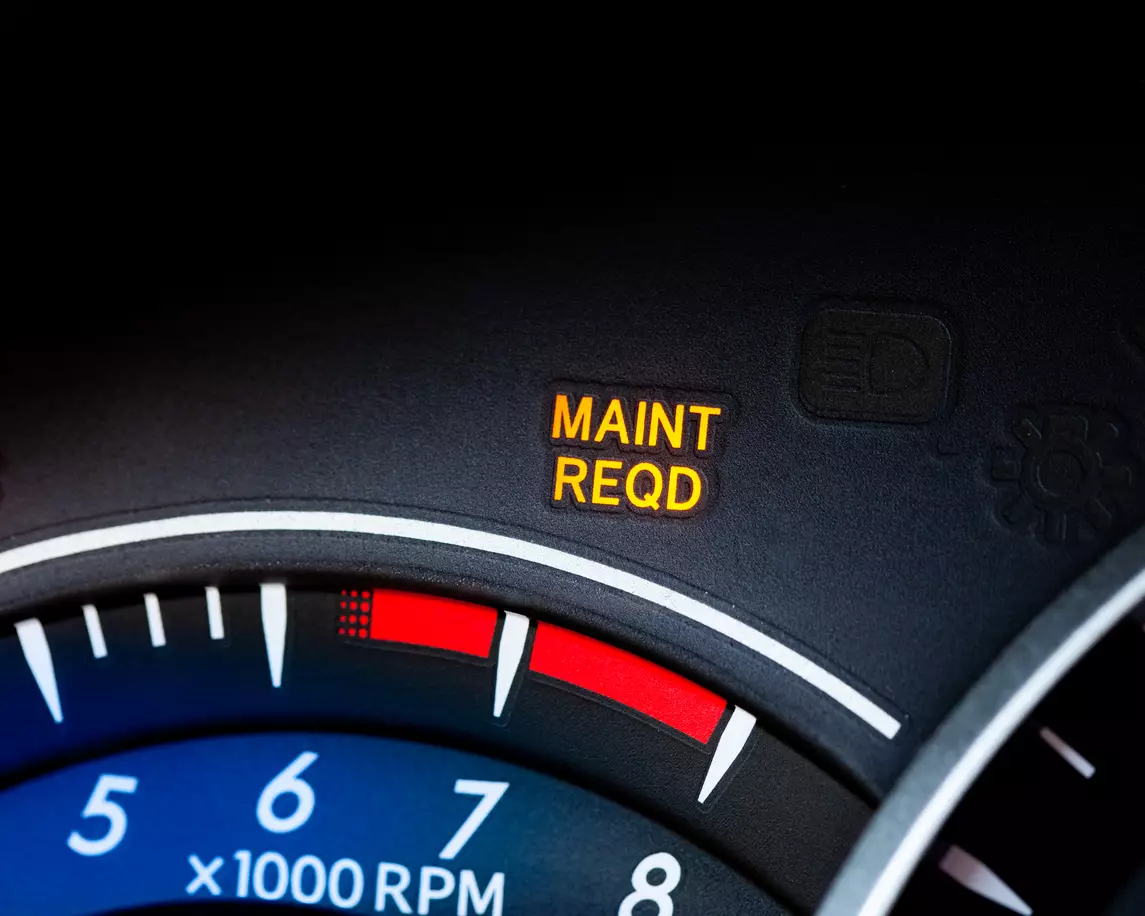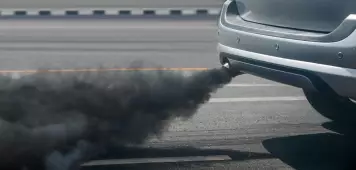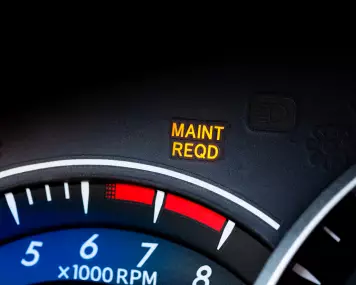Buying a used car can be a good decision only if the vehicle performs as expected. However, the horror stories of buying used can disrupt the entire transaction. That's why it's important to get a pre-purchase inspection (PPI) before you finalize any used car deal.
Several quality online tools can guide a person to the right vehicle and offer a history of everything that has ever happened to any specific car or truck. However, the majority of buyers will pay the purchase price without knowing the vehicle itself, such as the tires or brakes, suspension and steering system, or the alternator and ignition.
A pre-purchase inspection is the only solution that can give the purchaser peace of mind and confidence when buying a used car.
What is a Pre-Purchase Inspection?
A vehicle inspection and research are two vital factors that should be considered in every car purchase. Without either one, the buyer stands the chance of purchasing a defective product. A pre-purchase inspection gives the buyer the actual condition of the vehicle sitting in front of them.
Pre-purchase inspections are detailed evaluations by a qualified mechanic who will assess the mechanical, safety, and cosmetic condition of a vehicle before purchase.
The key statement in the above text is “qualified mechanic.” Taking a buddy along who knows a little bit about cars is not a qualified mechanic, nor is it helpful. It is reasonable to assume that any legitimate seller would be more than happy to help arrange such a meeting if it results in a sale.
There are specialized companies that perform PPIs depending on the vehicle's location. New car dealers may be willing to let a used car off their lot for a PPI if the buyer has full coverage insurance. Reputable used dealerships are willing to accommodate an inspection if it results in a sale. These dealerships may require a deposit or the keys to your vehicle.
Components to Check in a Used Car Inspection
Depending on the vehicle, the mechanic, and the seller, there are specific components that need to be checked, no matter the circumstance.
- Mechanics who are familiar with the pre-purchase car inspection process will check the engine for smooth idling and any noises, such as knocking. The cooling system is always checked with any inspection, along with belts, air filters, and the ignition system. A test drive will reveal any car fluid leaks, such as oil burning in the engine or leaking through the oil pan or block.
- The second major component is the transmission. A good mechanic will assess the shifting while idling and running at different speeds. Bad transmissions usually have a distinctive grinding noise if the gears are failing. Transmission fluid is red in color, and any leaks are distinguishable from other components.
- Wheels, tires, and suspension are generally considered one component when appraising an automobile. To check the viability of the suspension, a mechanic will press down on each corner of the vehicle to see its reaction. If it continues to bounce, the shocks or springs may be going bad. Brake pads and rotors are always closely inspected for softness or harsh braking.
- Depending on what is expected of the mechanic, other components to check are the dashboard, fluids, exhaust, catalytic converter, front and rear lights, and the HVAC system.
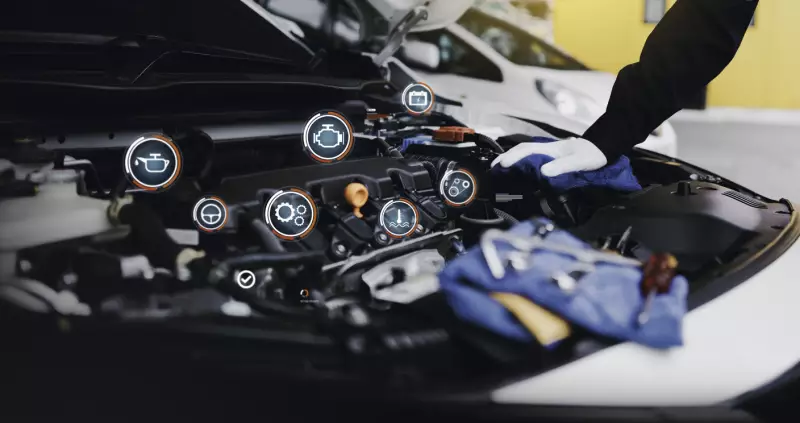
A thorough inspection of the vehicle by a qualified mechanic offers the buyer and seller several benefits above all other pre-buying procedures.
- Negotiation sets both parties on equal footing and, most importantly, gives the buyer the advantage. A GoodCar VIN check plus a quality pre purchase car inspection provides more information on a vehicle than even the seller is aware of.
- A quality pre-purchase inspection avoids a disappointing outcome for the buyer. If the inspection proves detrimental to the deal, the buyer will only lose the PPI fee.
- Peace of mind is provided because the buyer knows the exact condition of the vehicle. If the inspection points to a problem, buyers can still purchase and be in a better negotiating position. If a problem is uncovered, the buyer can save on future repair costs if they continue with the purchase.
How Much is a Pre-Purchase Inspection?
A pre-purchase car inspection can prove invaluable when buying a vehicle; however, is the cost of a PPI worth it if the transaction falls apart?
The costs of a pre-purchase inspection are highly dependent on the vehicle, its location, and the number of components that may need to be inspected. For example, a buyer may be considering a Toyota Camry with a perfect GoodCar Vehicle History report. However, that year, the Camry had a problem with the brakes. Good mechanics can check for failure in less than 30 minutes with no need to buy a full PPI report.
Buyers need to consider all options before calling the mechanic. Some auto-mechanics can advise on the best course of action, with very little inspection needed; however, the Camry’s faulty brake calipers and brake lines may lead to brake booster damage, and only a good mechanic can find this out.
- A single qualified mechanic will charge $150 to $200 to inspect a few components and $350 to $500 for a full inspection. Travel costs and incidentals are always considered.
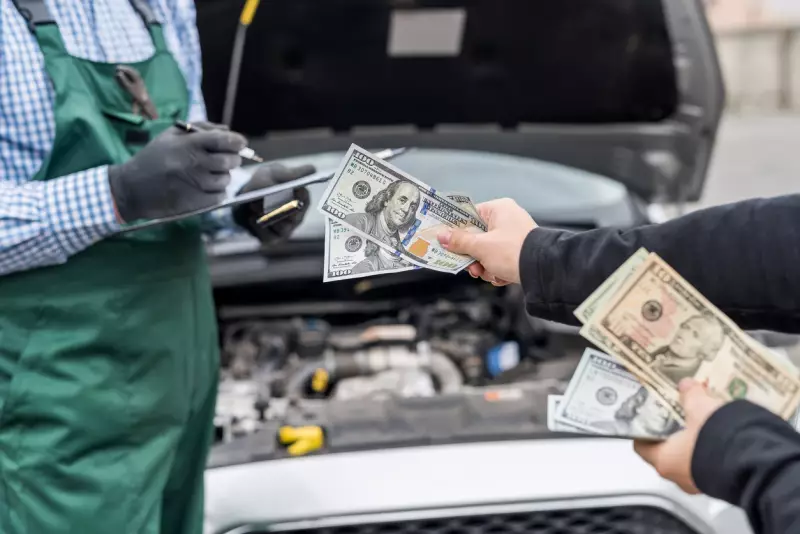
Mechanics are not cheap! Pre-purchase inspection costs from a dedicated PPI company may provide dozens of choices, again depending on the vehicle and its location. There are always plenty of add-ons a mechanic or company is more than happy to add.
- Commercial vehicles have a starting cost of around $350
- Standard Car or light-duty truck inspections are $250
- RVs and heavy-duty trucks begin at $500
- Motorcycles- $150
How to Get a Pre-Purchase Inspection for a Used Car
For some people, buying a used car can be a stressful situation unlike any other. When you arrive at the seller's location and see the perfect car, it is often tempting to take a short test drive and sign the paperwork.
However, even the most inexperienced buyers know this is the wrong action to take. A pre-purchase car inspection and thorough research are the difference between a good and bad buying decision.
In today's information-crazy society, with instant information, finding an independent inspection service or mechanic should be relatively simple by using Trustpilot and similar services. Inspection and research are the keys to a good or great buying decision. Referrals are the best way to find a good mechanic. Stop by any location with a lot of cars in the front or head to a dealership’s service lane and ask for a mechanic.
Scheduling the Inspection
If you have decided a used car inspection service is the way to go, make certain the car you want is in its geographical location. With these services, driving to the location should always be covered in the final agreement or decided on before terms are disclosed. Top-tier services have a flat rate for one specific vehicle, which includes driving and incidentals.
The same pricing for inspection services should apply to a single mechanic. It would be wise to offer the mechanic transportation to and from the transaction, giving you time to discuss the vehicle.
What to Expect During the Inspection
Good mechanics can spot a problem with a car or truck almost instantly. Taking a short test drive usually confirms any suspicions they may have. The best mechanics instinctively know that if one component is working well, then other connected systems must also be problem-free.
The reverse is true with bad components on a car or truck. For example, if the ignition is slow to connect, the problem is usually the alternator and any other electrical component.
Any inspection of regular cars or trucks should take no longer than thirty minutes. A large dump truck or cab over will take much longer, again depending on size and location. It is always best to allow a full hour at the vehicle. An inspection service will send a detailed report of the components checked and their condition. Referred mechanics are much more informal, but they will submit a written report if needed.
Interpreting the Results
Any good mechanic or used car inspection service must give a complete breakdown of their results in person or over the phone and explain how the repair applies to the vehicle's value. Any necessary repairs should have a retail value attached to them, and the mechanic should use best-case scenarios. If repairs are needed, negotiate a fair price based on the information received from the reports.
Always request repairs to be completed before handing out the last deposit on the purchase price, and make absolutely certain the work has been completed before taking possession.
The purchase journey of a used vehicle requires plenty of work, including quality inspections and research. At times, the process may seem tedious. However, if carried out correctly, these steps will pay off with excellent results.
A quality pre-purchase inspection is just as important and vital to the transaction as a GoodCar VIN check. Always get two to three quotes, and common good common sense will tell you if you are making a sound buying decision.







